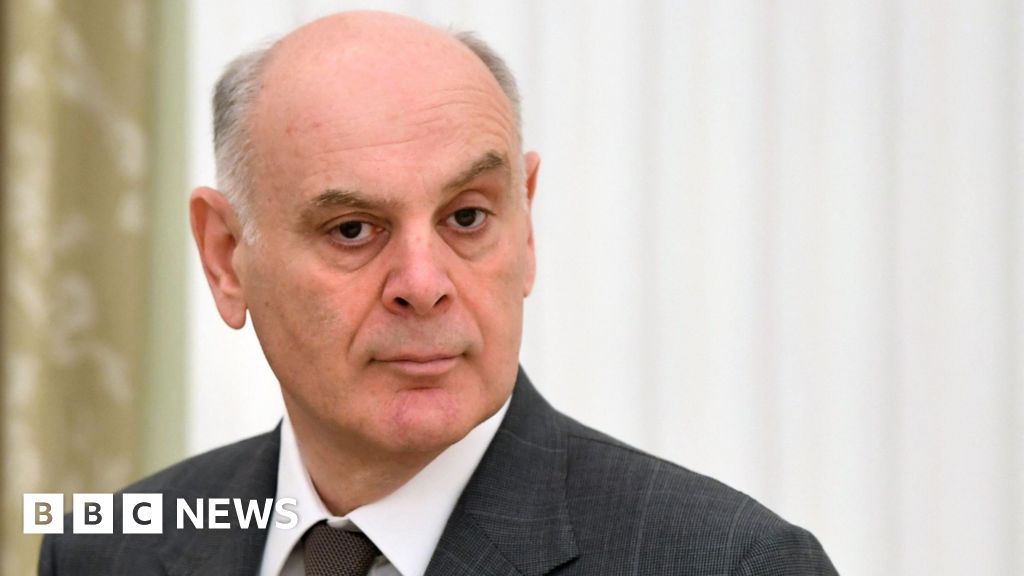ARTICLE AD BOX
By Leo Sands
BBC News
Watch: The moment Colombia's new president is sworn into office
Colombian President Gustavo Petro has called for a fresh global strategy to combat illegal drugs trafficking.
Speaking at his inauguration, the country's first ever left-wing leader declared the "war on drugs" a failure.
Hundreds of thousands of people died in Colombia's decades-long civil war, fuelled in part by the narcotics trade.
The 62-year-old former Bogota mayor and ex-rebel fighter was elected in June on a radical manifesto promising to fight inequality and ban new oil projects.
Mr Petro told a crowd of his supporters in Bogota that it is time for a new global convention that "accepts the war on drugs has failed."
"It has left a million dead Latin Americans during 40 years," he said, "and it leaves 70,000 North Americans dead by overdose each year."
More than 50 years ago US President Richard Nixon kickstarted a global anti-narcotics strategy that emphasised criminalisation and the use of police force, which became known as the "war on drugs."
Colombia's newly sworn-in president said the strategy had merely strengthened the power of mafia gangs and weakened Latin American states over decades.
In Colombia, which according to estimates produces more than half of the world's cocaine, criminal groups and local militias are heavily involved in the drug's production and transportation to consumers around the world - including in the US and Europe.
Mr Petro's predecessor, Ivan Duque, made the war on drugs a key priority of his government - enlisting substantial US support to crack down on cocaine production across the Colombian countryside.
Image source, Reuters
Image caption,Supporters cheered Colombia's new president at his inauguration speech on Sunday
More than 100,000 supporters gathered in Bogota's main square on Sunday to watch the former Marxist rebel make history by being sworn in as Colombia's first left-wing leader.
He will serve with Francia Márquez, who was elected alongside Mr Petro to serve as Colombia's first black vice-president.
"I do not want two countries, just as I do not want two societies, I want a strong, just and united Colombia," Mr Petro said after being sworn in, Reuters news agency reports.
June's vote was held amid widespread discontent at the way the country had been run, and there were anti-government protests last year in which dozens of people died.
The new leader was elected on a radical manifesto to fight inequality by providing free university education, pension reforms, and high taxes on unproductive lands - a departure for Colombia which up until now has voted only conservative presidents into office.
He also pledged to fully implement a 2016 peace deal that ended a 50-year long conflict with the communist guerrilla group, Farc, and to seek negotiations with the still-active ELN rebels.
Mr Petro's inauguration marks a major political change in direction for the country, which for decades had been led by moderates and conservatives.
You might also be interested in:
Viral TikToks show the lives of Colombia’s cocaine workers

 2 years ago
13
2 years ago
13







 English (US)
English (US)